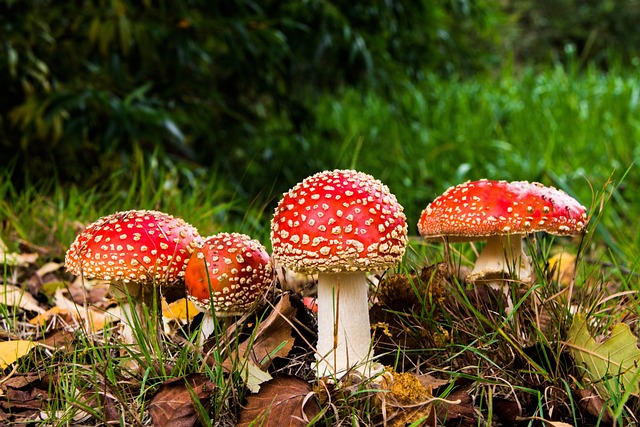The Rise of Probiotic Skincare: Nourishing Your Skin Microbiome for a Healthy Glow
Probiotics have long been known for their positive effects on gut health. These live bacteria and yeasts are beneficial for our digestive system, helping to maintain a healthy balance of bacteria in our intestines. But did you know that probiotics can also work wonders for your skin?
Probiotic skincare is a growing trend in the beauty industry, and for good reason. Our skin has its own ecosystem known as the skin microbiome, which consists of trillions of bacteria, fungi, and viruses. This microbiome plays a crucial role in maintaining healthy skin by protecting it from harmful pathogens and maintaining its natural barrier function.
However, factors like harsh skincare products, pollution, and stress can disrupt the balance of the skin microbiome, leading to various skin issues such as acne, inflammation, and premature aging. This is where probiotics come to the rescue.
What are Probiotics?
Probiotics are live microorganisms that, when applied topically or ingested, provide a range of benefits to the skin. These include strains of bacteria like Lactobacillus and Bifidobacterium, as well as yeast strains like Saccharomyces.
When used in skincare products, probiotics work by supporting the skin’s natural defenses and replenishing the good bacteria that can be depleted by environmental factors. They maintain the optimal pH balance of the skin, keeping it hydrated and preventing the growth of harmful bacteria.
The Benefits of Probiotic Skincare
1. Enhances the Skin Barrier: The skin barrier is the outermost layer of the skin, responsible for protecting it from external aggressors. Probiotics help strengthen this barrier, reducing moisture loss and improving overall skin health.
2. Calms Inflammation: Probiotics have anti-inflammatory properties, making them particularly beneficial for those with sensitive or acne-prone skin. By reducing inflammation, they can help alleviate redness, irritation, and breakouts.
3. Boosts Hydration: Probiotics encourage the production of ceramides, natural lipids that help retain moisture in the skin. This leads to improved hydration, resulting in a plump and dewy complexion.
4. Fights Premature Aging: The presence of a healthy and diverse skin microbiome is essential for preventing premature aging. Probiotics help combat oxidative stress caused by free radicals, promoting a youthful and radiant appearance.
How to Incorporate Probiotic Skincare in Your Routine
1. Cleansers: Start by using a probiotic cleanser to gently remove impurities without stripping the skin of its natural oils. Look for cleansers that contain live probiotic strains for maximum efficacy.
2. Serums: Incorporate a probiotic serum into your skincare routine to target specific skin concerns. These serums deliver a concentrated dose of probiotics and other nourishing ingredients directly to the skin.
3. Moisturizers: Opt for moisturizers infused with probiotics to provide long-lasting hydration and support the skin’s barrier function. These moisturizers help seal in moisture and protect the skin from external aggressors.
4. Masks: Treat yourself to a probiotic face mask once or twice a week to give your skin an extra boost. These masks help rebalance the skin microbiome and promote a healthy glow.
Conclusion
The rise of probiotic skincare has opened up a whole new world of possibilities for achieving healthy and radiant skin. By nourishing the skin microbiome, probiotic skincare products help restore balance and address various skin concerns in a natural and effective way.
However, it’s important to note that not all probiotic skincare products are created equal. Look for reputable brands that use clinically tested strains and ensure that the products are properly formulated to maintain the viability of the probiotics.
So why not give probiotic skincare a try? Your skin will thank you for it, and you’ll be amazed at the visible results of a well-nourished skin microbiome.







